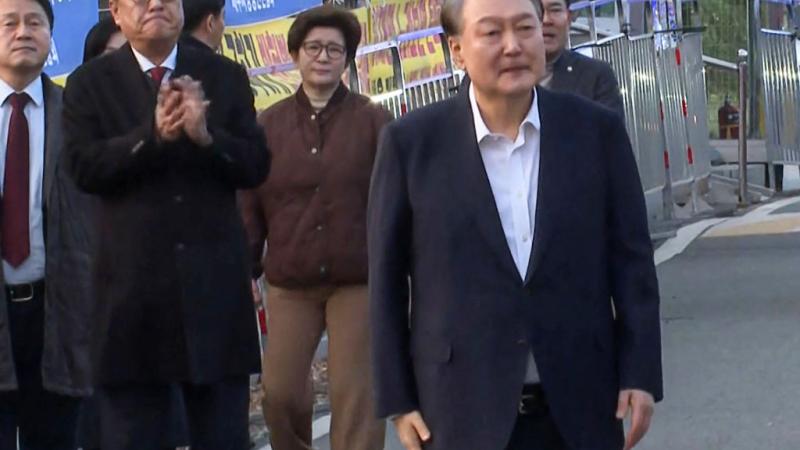Japan Prime Minister Shinzo Abe resigns citing health reasons
Japan's longest serving prime minister will end his term early due to an intensifying chronic health issue
Japan's Prime Minister, Shinzo Abe on Friday announced he will resign due to an ongoing battle with ulcerative colitis that has intensified in recent months.
He told reporters that it was "gut wrenching" to leave his post before achieving some of the things he set out to accomplish.
Abe was diagnosed as a teenager with ulcerative colitis and until recently was able to controlled the condition with treatment. But recently, his condition worsened, requiring a new treatment involving IV injection. Following a round of treatment on Monday, Abe decided to step down.
He will stay in office until a new party leader is elected and approved by the country's parliament. His term was originally set to end in September 2021.
Last week, Abe became Japan's longest serving prime minister, beating the record of his great-uncle, who served from 1964 to 1972. Abe was elected in 2006, but left the post briefly due to failing health. He was elected again in 2012.
During his tenure, Abe, a conservative nationalist, pulled Japan out of recession and managed to strike up strong political tied with President Trump.
However, he will leave office disappointed that he was not able to normalize diplomatic ties with North Korea, sign a peace treaty with Russia to officially end World World II tensions, and rewrite the U.S.-drafted pacifist constitution, a document which he and his supporters consider to be a shameful reminder of the country's defeat during World War II.
















